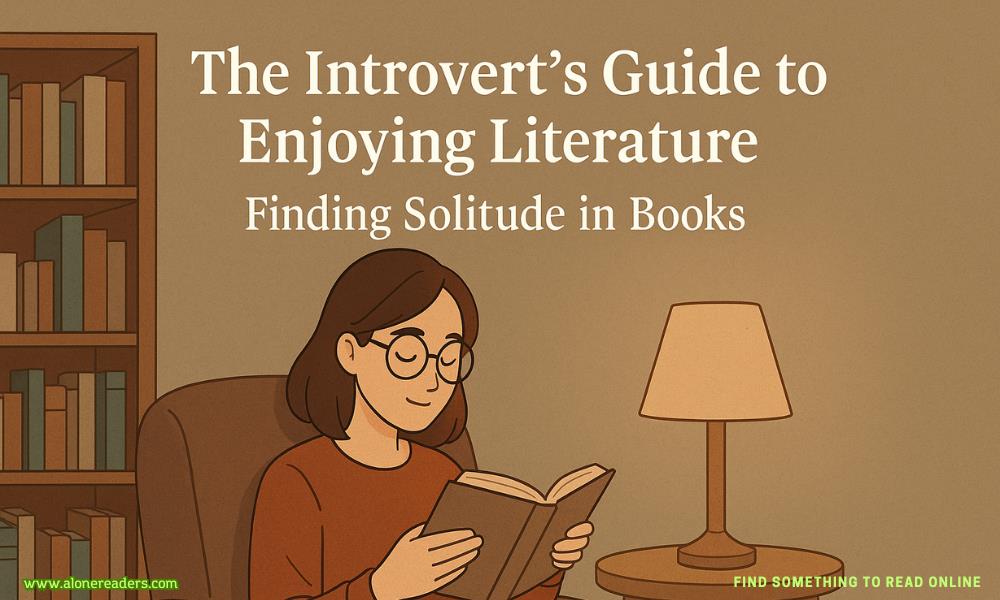Page 57 of Lady Killer
Unlike Locke’s shiny playground, General Sciences took place in a dingy old lecture hall that looked like it hadn’t been remodeled since the late 1980s. The room had been retrofitted with webcam technology during the pandemic, but that was the only aspect that had been updated in recent history.
I took a seat near the end of the aisle, so I could get out of class quickly when it was over, and fired up my laptop.
“Hello, hello, students.” The course coordinator stood at the lectern on the stage, pausing as he waited for the idle chatter to die down.
“Yes, folks, please, it’s time to listen up. Today, we have Dr. Jeffrey Reed and Clayton Royal, his research assistant, here from the pharmacology department to talk to you about an exciting career as a pharmacist, uh . . .” Hefumbled, looking down to his laptop to see if he’d gotten it correct. “ . . . amongst other things such a—”
“Why don’t I jump in, Mr. Thorncraft?”
A handsome young man appeared from seemingly thin air behind the podium, while an older man made his way to one of the seats on the stage and sat down, immediately going to look at his phone.
“Ah, yes, thank you, Clayton,” the course coordinator blubbered, making his way to sit down next to the man who was presumably Dr. Reed.
“Thank you for the introduction. My name is Clayton Royal, and I am a third-year doctoral student in the pharmacology department at Hollow Oak University, where I am also a researcher at the Erstveld Laboratory.”
He was tall and well built, with thick chestnut hair, blinding white teeth, and big blue eyes that I could make out even from where I sat. His Oxford shirt was rolled up to expose a set of forearms that could compete with tradesman, despite the fact that I would bet good money that Clayton Royal had never swung a hammer in his life.
It was February in Connecticut, and the man was wearing boat shoes.
Boat shoes.
The deep freeze had ended, but still, he wasn’t even wearing socks. My feet felt cold for him.
“While pharmacists play an incredibly important role in our health care system, pharmacology is so much more than dispensing medicine . . .”
His voice was deep and polished.
He reminded me of a younger, tamer version of Professor Blackwell for some reason, except where Locke was sharp and steely, this man was smooth and soft.
“Dr. Reed, who is here with us today”—Clayton gestured to the man still seated behind him, who looked up to give a quick wave before returning his attention to his phone—“is one of the world’s foremost experts on anti-arrhythmics. Dr. Reed will be speaking more about his work later on, but first let me . . .”
My phone buzzed in my pocket, pulling my attention from the lecture.
Discreetly, I slid it out and took a look.
UNKNOWN:
I squinted in confusion before swiping on the message to open it.
It was blank.
Scrunching my nose up, I replaced the phone and turned my attention back to Clayton.
Well, asbest I could.
After talking about the different subspecialities of pharmacology for over an hour, he finally turned the microphone over to Dr. Reed.
If Clayton reminded me of Locke, then Dr. Reed reminded me of an older Michael, my Japanese TA. Clearly smart and passionate about their subject matter but painfully dry to listen to.
The older man, who looked to be in his late thirties, had ash brown hair and a well-maintained beard.
If Clayton exuded charm and confidence, Dr. Reed looked as though he would rather blend into the walls with his faded herringbone blazer, complete with leather elbow patches.
Eventually, the professor finished his spiel on his research and turned the podium back over to Clayton, who spent the remainder of the class walking us through the requirements to enroll in the pharmacology program.
It was 6:55 when he finally decided to have mercy on us.
“And look at that, you get to sneak out of here five minutes early.” He chuckled, pleased with his own benevolence.
- Her Desert King by Marian Tee
- A Wife's Duty by Sam Crescent
- The Gift that Keeps On Giving by Jessa Kane
- Hard Hearts by Ella Goode
- Obsidian Devotion by Sylvia Rae
- Sold to the Single Daddies by Summer Haze
- Coast by Jessica Gadziala
- Jezebel's Liberation by Lacy Rose
- A Touch of Fate by Cora Reilly
- Relentless Knight by Lisa Cullen
- The Cheerleader by Jade Marshall
- With this Ring by Sierra Cartwright
- Axel by Kelly Finley
- Ice Cold Liar by Cynthia Eden
- Her Daddies' Everything by Laylah Roberts
- Bound By Lust by Rose Marie







